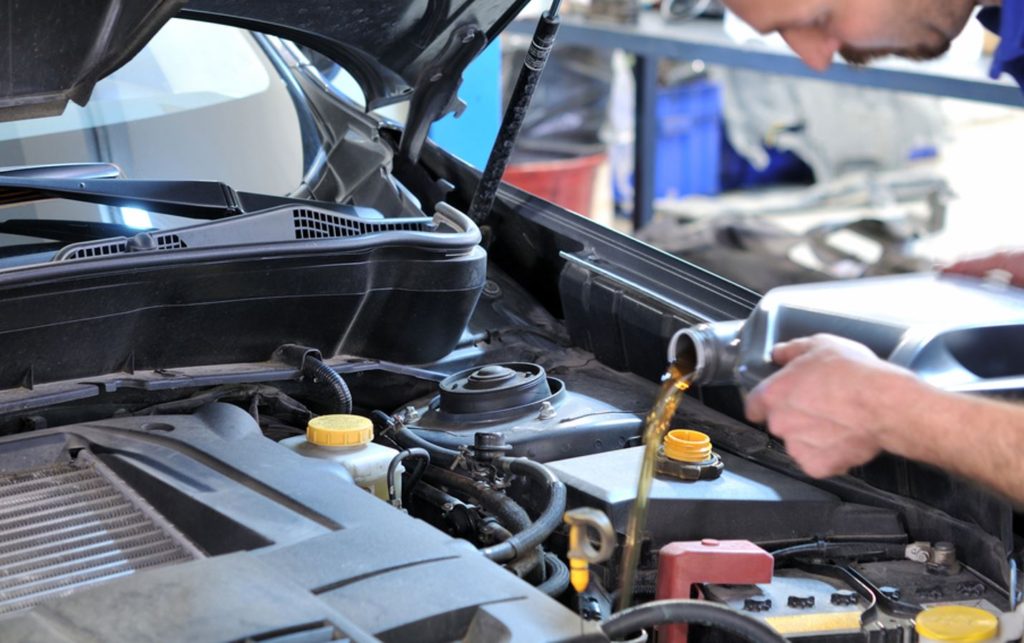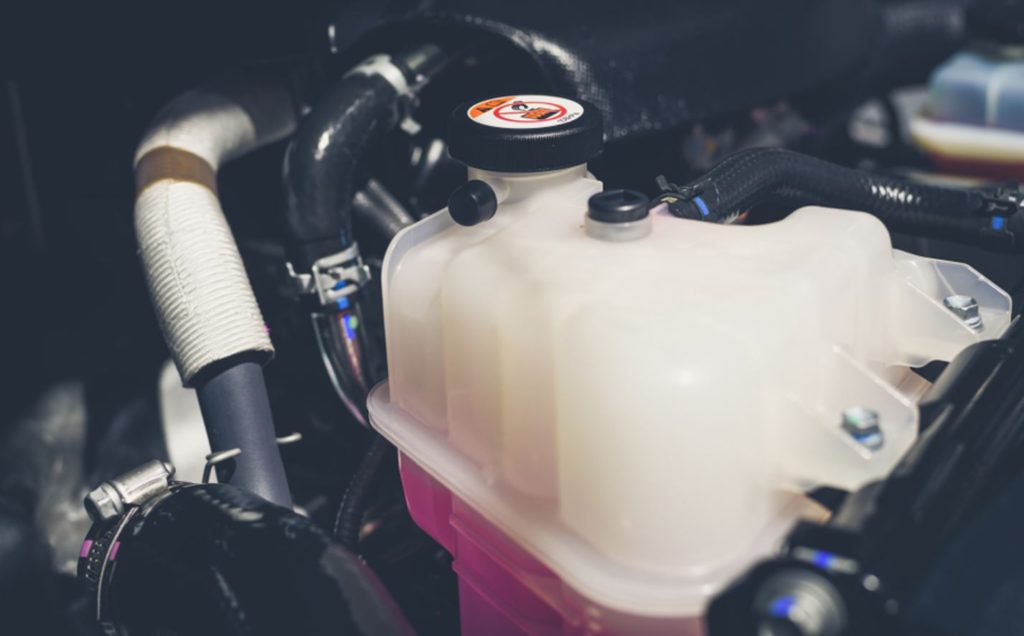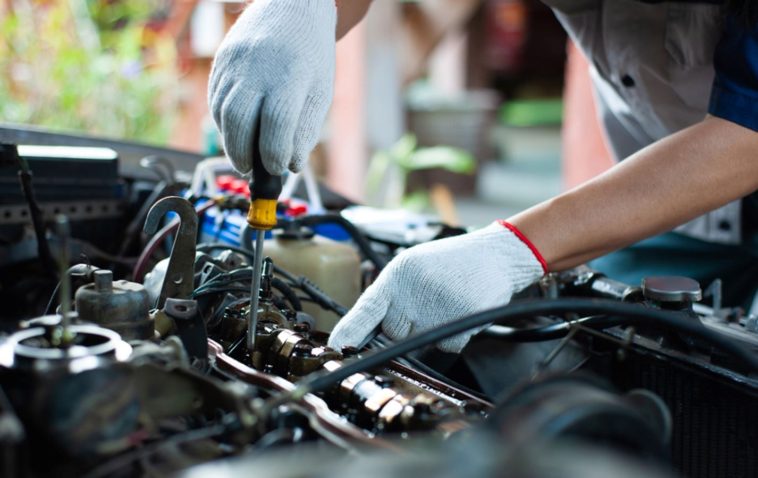Diesel engines are the most powerful machines that you can ever have on the road with no fear of engine failing, you’re on a clear road for about a million miles or more with the proper care. Everything that has proper care and a regular maintenance will last more. These vehicles have become more sophisticated than the gasoline engine, which forced premixed air and fuel together to produce more torque and power both. Under the hood’s metal covers, essential engine components kick in and sustain the life of your vehicle for a very long time. But with more parts to keep track of.
Diesel engines are less likely to require frequent repairs compared to traditional cars, but they remain expensive to repair. Each and every subsystem works in concert to connect the fuel to the mechanical energy of engines. As soon as one piece fails, the rest of the engine won’t be far behind; thus, the limits of the engine’s life are greatly reduced. It is almost like people are told upfront that if your truck develops faults that need to be rectified, it was something that could have been avoided and you wouldn’t have had it.
Not to mention, if you are a diesel owner, the only one alternative would be investing into maintenance but if you are considering only driving your truck for a couple of years, you may not get it at all. The truck can also be sold to help ease the money pressure from paying the money you used to start a business, if you watch over its condition very well. Use the below listed diesel maintenance tips to fleece the engine dry of every single mile it’s capable of.

Source: Levent Konuk/Shutterstock.com
Keep the Oil Flowing
This oil is the lubricant not only for the motor headers itself but also enhances the fuel injection procedure. Gas vehicles just need their oil changed, but what if the oil in a diesel engine needs to be changed? This about the heightened stakes when dealing with diesel engines. For example, cylinder failure cannot be separated from the lack of oil, which, apart from the fuel system, turbocharge, and camshaft damage can destroy the engine as well. Choosing the truck will be likened to purposely souring your oil, continually picking up rust, and dirt from everything which has ever entered it past. Remove torn pieces of diesel truck parts and upgrade to new diesel engine parts to create a new you.
One of the obstacles that would hinder the use of oil in the long term is its low fuel economy. Diesel engines are capable of compressing oil of higher quality and spraying it directly into the burning compartment. For example, it’s like a crazy thing for a human to do when an angry dragon is commensing lying fire. With fuel pressure decreasing and failing to achieve the recommended PSI number, there is a presence of increased fuel consumption for a constant amount of generated power. It is worth mentioning that you are not in this alone. Other people are also victims of cyber attacks. Did you notice that your oil pressure has dropped, or is your vehicle drastically getting less power, mostly brought by the problems with the high-pressure oil pump (HPOP), oil cooler, or oil pan? Inspect gaskets and seals for leaks. Learning the proper maintenance habits that come with being a car owner is essential in order to keep it running safely for as long as possible. HPOP will be replaced if you tried this solution, but the problem still continues to exist.
Replace Your Filters
Therefore, keep it in mind that like all humans, even your engine depends on the quality of fluids that run it. It has been clubbed with different filters made to do the purifying job by removing the particles coming from the oil, fuel and air supply, but on the other hand, the dirty parts as well as hauling too much will cause the clogging of the filters, and as a result, the engine will be robbed of some important resources that it needs. Each filter should be cleaned, however, after a certain number of miles it should be replaced.
Filter change completely is the first priority when owning a pickup.
If it is one, the filter would be either damaged or leaking, and the dirt as well as ash only would be spreading throughout the engine, getting into the fuel system among others, the fuel injectors and the fuel injector pump. Inside the motor the problem is that the inner systems can freeze together, hence the wrong part of the system is out of pressure. Switch the engine`s outdated injector pump for a different one as a way to prevent the engine from getting further damage.
Check Your Coolant
These operations are conducted as a huge amount of heat is produced by the reactors that would like to be released. This cooling of the internal components of the truck engine is aided by a continuous flow of coolant that runs through a loop to an outward radiator, where it is recycled into the atmosphere. A system designated for the cooling may be damaged by overheating before interfering upon others. Check the level and restock it whenever necessary.

Source: Noppadol Kostsu/Shutterstock.com
A lack of coolant is a sign of a leak. Diesel engines use coolant to reduce toxic emissions from the tailpipe using the exhaust gas recirculation (EGR) cooler, which absorbs heat from the exhaust gas being recycled through the engine, a process that occurs thousands of times per second. The EGR cooler and coolant hoses will crack and rust with age, eventually spilling into the crankcase. This part tends to be particularly problematic in the Powerstroke series. Blue smoke coming out of the exhaust means the coolant has mixed into the fuel supply.
Less coolant equals a leak in the system. Many diesel engines utilize coolant just to curtail the harmful emissions from the tailpipes that happen as a result of the backpressure in the exhaust system. The heat is absorbed from the exhaust gas through an exhaust gas recirculation (EGR) cooler where it happens back and forth several times every second The EGR cooler and coolant hoses will age and crack, leading to a disaster whenever they burst and release directly into the engine crankcase. This section encountered frequent drawbacks with the Powerstroke series being one of the tallest. Smoke choking from the exhaust is forming the blue.
How Often Should You Maintain a Diesel Vehicle?
The time interval is dependent on whether you were towing or not and how time is spent. Maintenance experts suggest that diesel vehicles are serviced every 12 months or around 10,000 miles while your do-it-yourself maintenance tasks, such as changing the oil, should be done every 5,000 to 7,000 miles. The more elderly, the faster diesel tanks and hauling trucks have to be run for preventive maintenance purposes such as extensive repairs.
If the car makes some strange sounds like bangs and smells, or releases smoke from its tailpipe or from under the hood, I create content that educates and entertains the audience. Don’t watch out for your fuel economy and fluid readings. When you unnecessarily expend more diesel or oil than initially planned, it is most likely a warning sign in every way.
Being the owner of a diesel engine, comes with great responsibility which can save you a lot of money in the run time if you are keen on maintaining it while prolonging its life. Follow here the outlined recommendations to give more than 100 years of life to your pickup truck.


